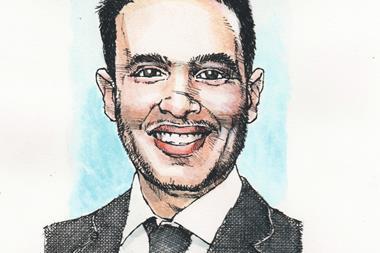IRELAND - Eircom, Ireland’s largest telecoms operator, has agreed a deal with its trade unions that it claims will clear the pension deficit of €407m.
Figures from the company’s six-month results to 31 December 2009 showed the value of the scheme increased to €2.5bn from €2.2bn in June 2009. And while liabilities also increased slightly from €2.6bn to €2.9bn, the overall deficit slipped from €435m to €407m.
In a presentation to investors and analysts, Eircom announced it had reached a deal with the Trade Union Alliance (TUA) on changes to the defined benefit (DB) scheme, which will lower exposure to increases in inflation and improve the long-term sustainability of the scheme.
Peter Cross, chief financial officer of Eircom, stressed the scheme will be closed to new members and not to future accrual, and emphasised it is “not seeking higher contributions from members into the scheme or changing the retirement age”.
Instead, he said the changes, which do not require trustee consent, relate to “how we will treat future pay for pension purposes, by placing clear limits on the rate of growth of pensionable pay”.
Eircom is planning to freeze pensionable pay at current levels until 31 December 2013, after which the pensionable pay will be capped at each year’s CPI growth subject to a fixed limit. Despite this, it stressed there will be no change to the discretionary treatment of increases in pensions-in-payment.
Cross also confirmed that company contributions will increase to a minimum of 8.5% of pensionable pay over the next three years to December 2013, compared to the current level of 7.8%.
Cross noted the next actuarial valuation, which will determine the level of contributions to the scheme, will take place in September 2010 although he said based on today’s data “these changes will eliminate the current deficit and limit costs to what they are today”.
He added the changes, which are subject to the formal TUA governance process, “are essential to the health of the scheme and to the health and competitiveness of Eircom”.
In response to questions from analysts, Cross revealed the scheme is still “60 odd percent invested in equities, and to some extent we need to be given the scale of the deficit”. He added, however, that the changes should place it in a position of zero deficit which will “allow trustees to give full consideration to a less risky profile of assets. And so that asset mix we would expect to see de-risked over time”.
Cross added any move out of equities would be a question for the trustees of the scheme and not the company, but said Eircom had been “very conscious” in its talks with trustees to put them in a position where they could “address that issue with some freedom”.
If you have any comments you would like to add to this or any other story, contact Nyree Stewart on + 44 (0)20 7261 4618 or email nyree.stewart@ipe.com












